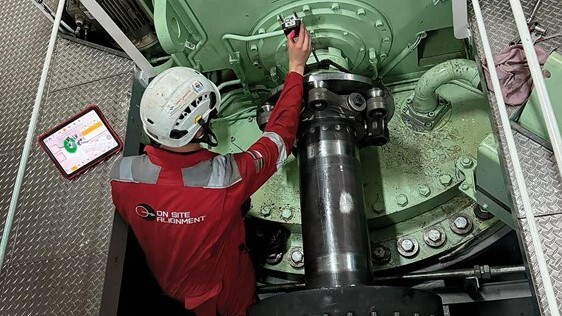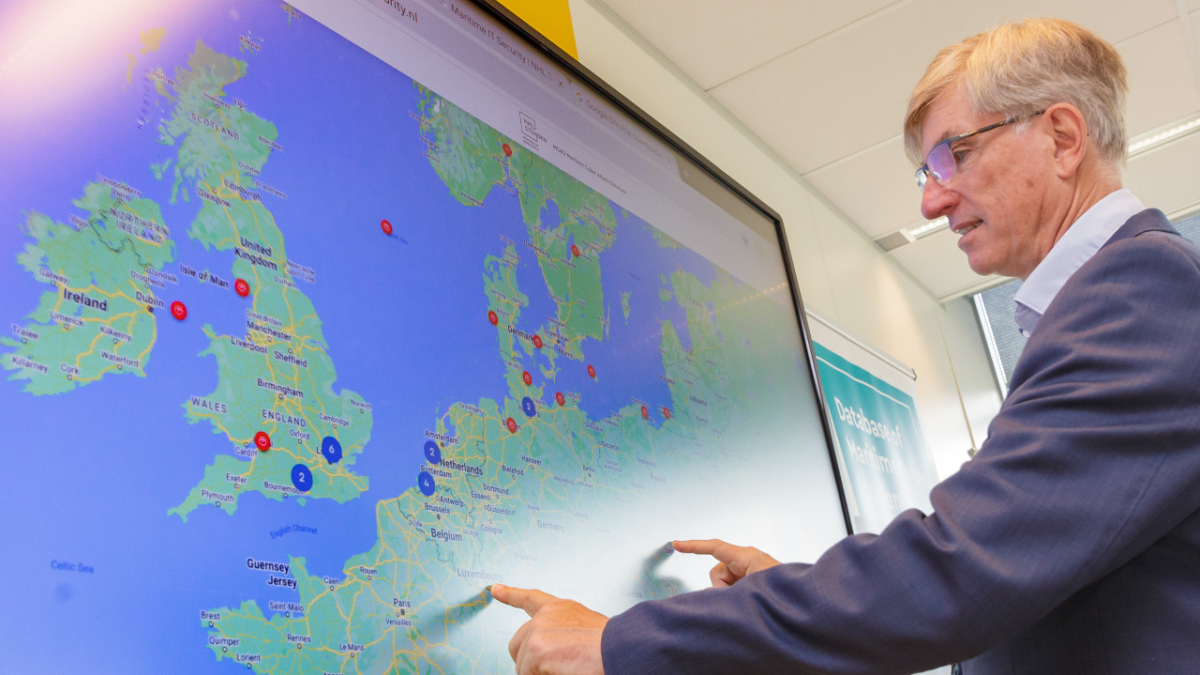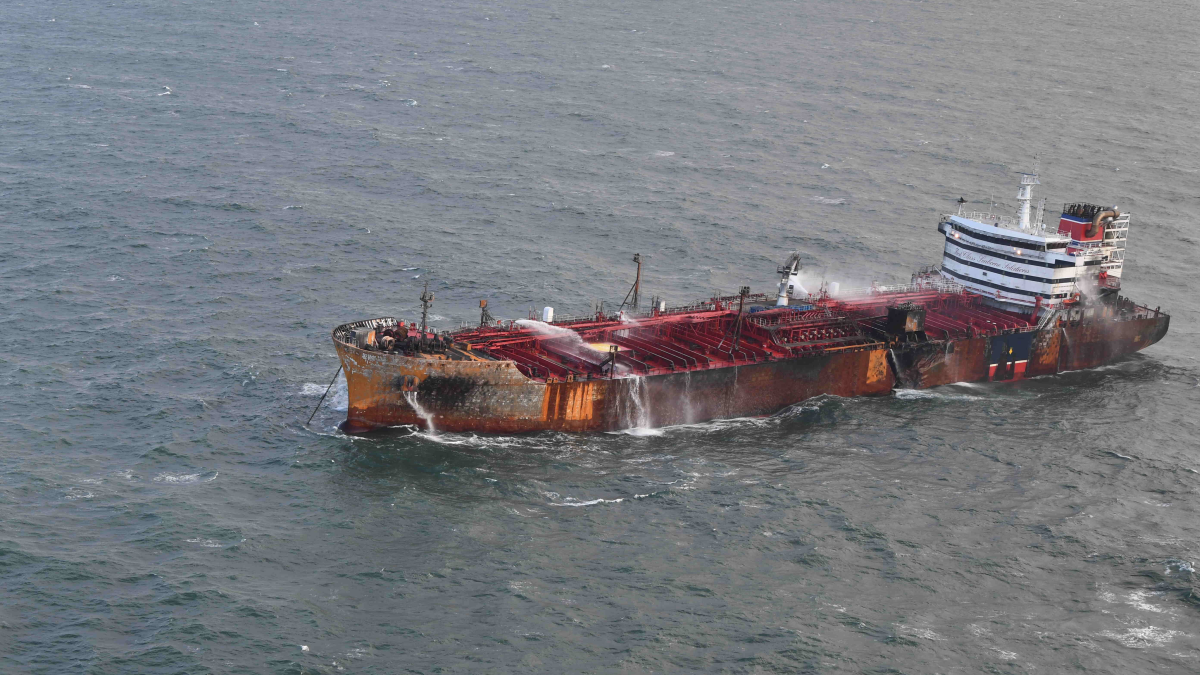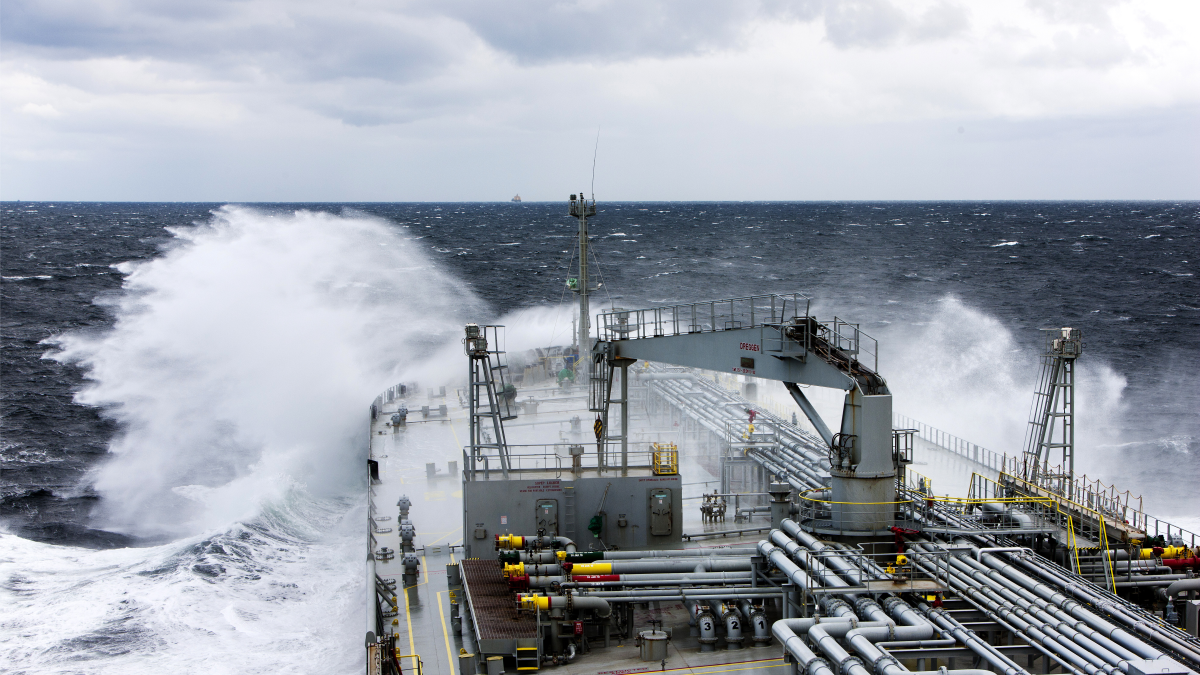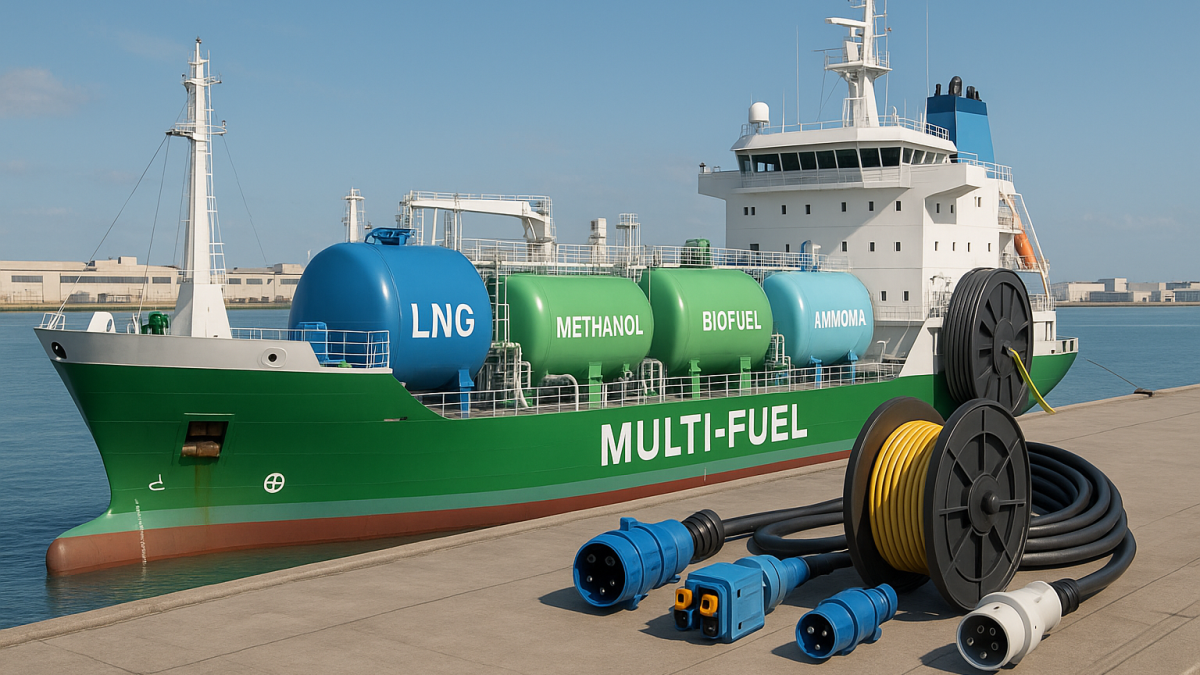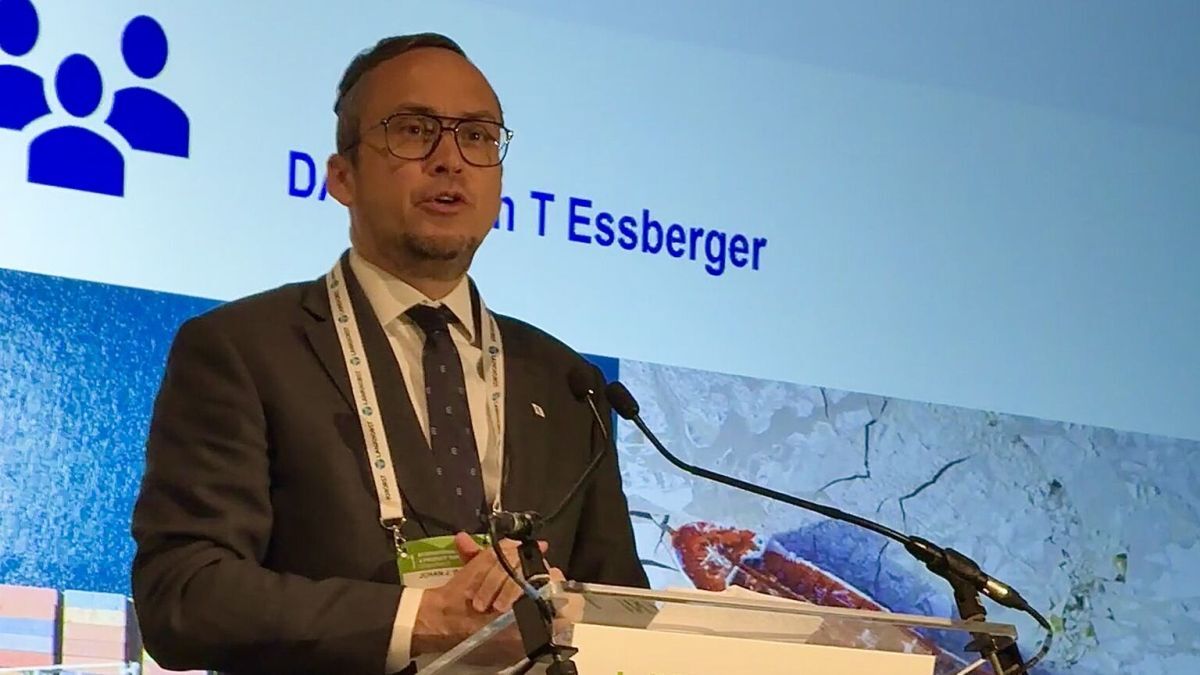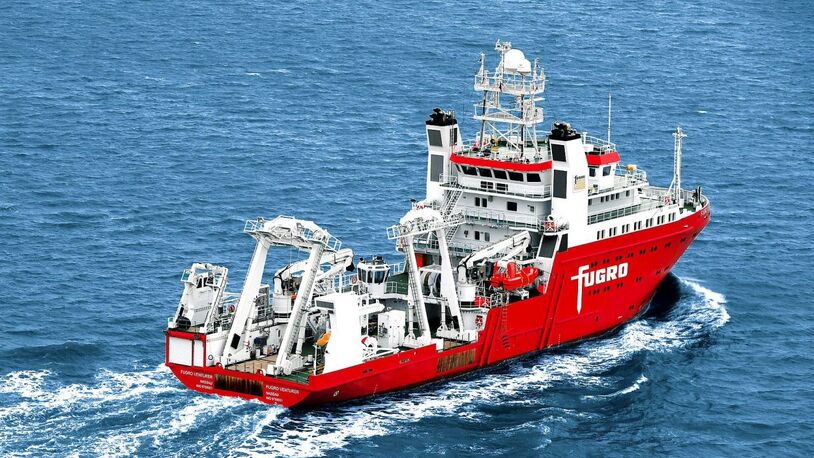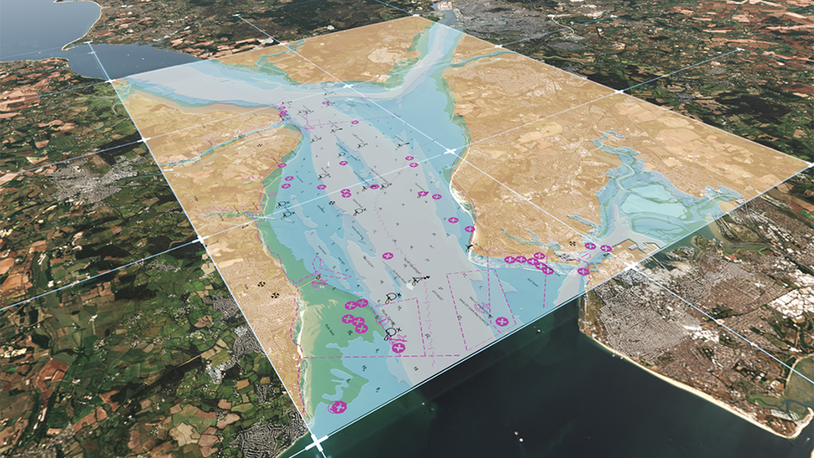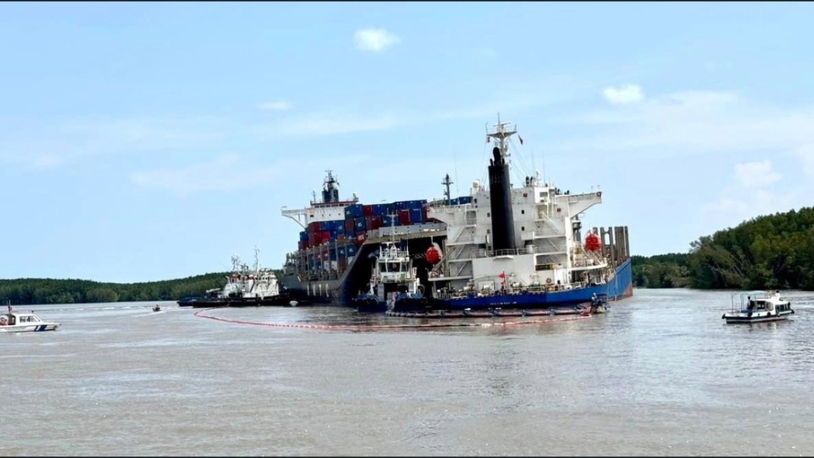Business Sectors
Events
Contents
Register to read more articles.
Maritime cyber incident database unveiled
NHL Stenden University of Applied Sciences in the Netherlands has created the Maritime Cyber Attack Database (MCAD) to provide information on incidents including ship positioning sensor jamming
Researchers led by NHL Stenden Professor of maritime IT security Stephen McCombie have recorded 160 incidents in this growing database, including the location spoofing of NATO ships visiting Ukraine in the Black Sea in 2021.
Incidents in the database demonstrate the relevance of cyber security across the maritime industry and the vulnerabilities that exist.
“The scope of what is possible today is surprising, so we need to educate governments and companies about these kinds of cyber-attacks and help them understand not only how to react to them, but how to be prepared for them,” said Professor McCombie.
NHL Stenden’s research group drew from open source information to create the database, covering incidents impacting vessels, ports and other maritime facilities worldwide.
The database will help improve cyber-security awareness in the sector, provide data for further research and allow maritime threats to be more accurately simulated.
One incident in the database, a simulated attack in Ukraine, highlights the dangerous situation commercial and naval ships can find themselves in.
“The simulated attack in Ukraine was all about provoking a reaction and deploying disruptive power,” said prof McCombie. “It appeared as if British and Dutch warships were near the coast of Russia-occupied Crimea entering Russia’s main naval base, but it turned out to be a virtual trip that never took place.”
Other incidents in the database include an insider attack by a systems administrator on a US nuclear-powered aircraft carrier at sea in 2014 and a 2019 ransomware attack on a large container ship that prevented it from entering New York harbour.
Prof McCombie said these incidents demonstrate how the global maritime transport system is vulnerable to cyber threats such as ransomware attacks as some ships transporting liquid and bulk goods are elderly and do not have secure technology on board.
NHL Stendens said 38% of oil tankers and 59% of general cargo ships are more than 20 years old, making the fragility of supply chains clear.
NHL Stenden academy director for ICT and creative technologies Peter Mulder expects MCAD to provide information to improve cyber security in the sector.
“This database is aimed at creating a safer world, where the maritime industry can respond to threats that will continue to grow in numbers and impact,” he said.
“By creating this public database, we increase greater awareness about cyber incidents in the maritime sector, and we create data for further research by our groups and our associated partners.”
Another use of the database is developing realistic simulations of maritime cyber incidents enabling companies, organisation, ports and harbours to prepare for attacks.
NHL Stenden’s research group will also use MCAD to produce reports, show trends and the results of detailed analysis on data subsets.
“The incident database will be regularly updated and augmented,” said prof McCombie “While we searched manually for the initial research, we are now developing artificial intelligence to help automate the identification of new incidents from open sources and identify further details on already known incidents.”
Ernst & Young helped NHL Stenden to develop MCAD. The research team is asking corporations and other research institutions to contribute to the database.
Sign up for Riviera’s series of technical and operational webinars and conferences in 2023:
- Register to attend by visiting our events page.
- Watch recordings from all of our webinars in the webinar library.
Related to this Story
Events
Maritime Environmental Protection Webinar Week
Cyber & Vessel Security Webinar Week
The illusion of safety: what we're getting wrong about crews, tech, and fatigue
Responsible Ship Recycling Forum 2025
© 2024 Riviera Maritime Media Ltd.

